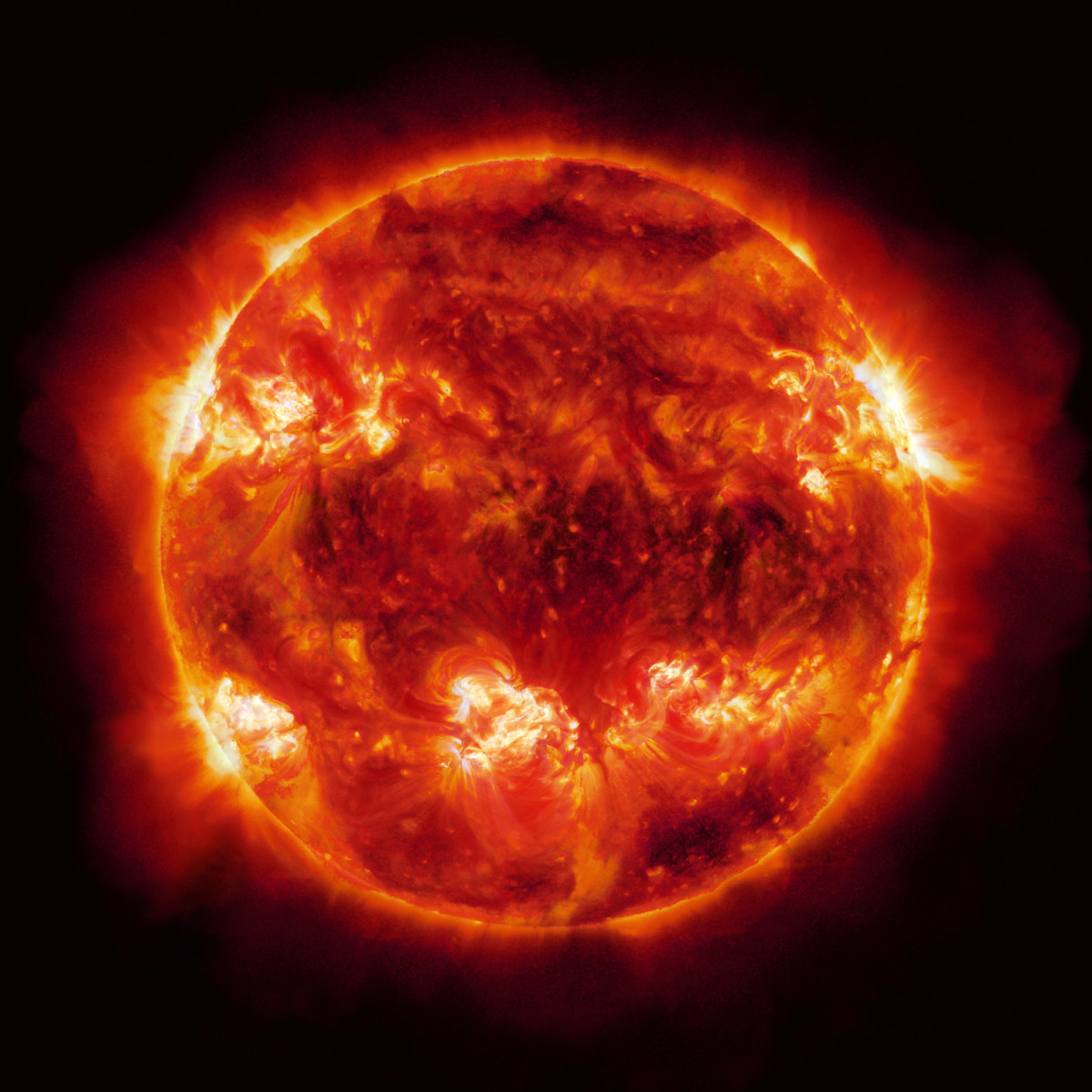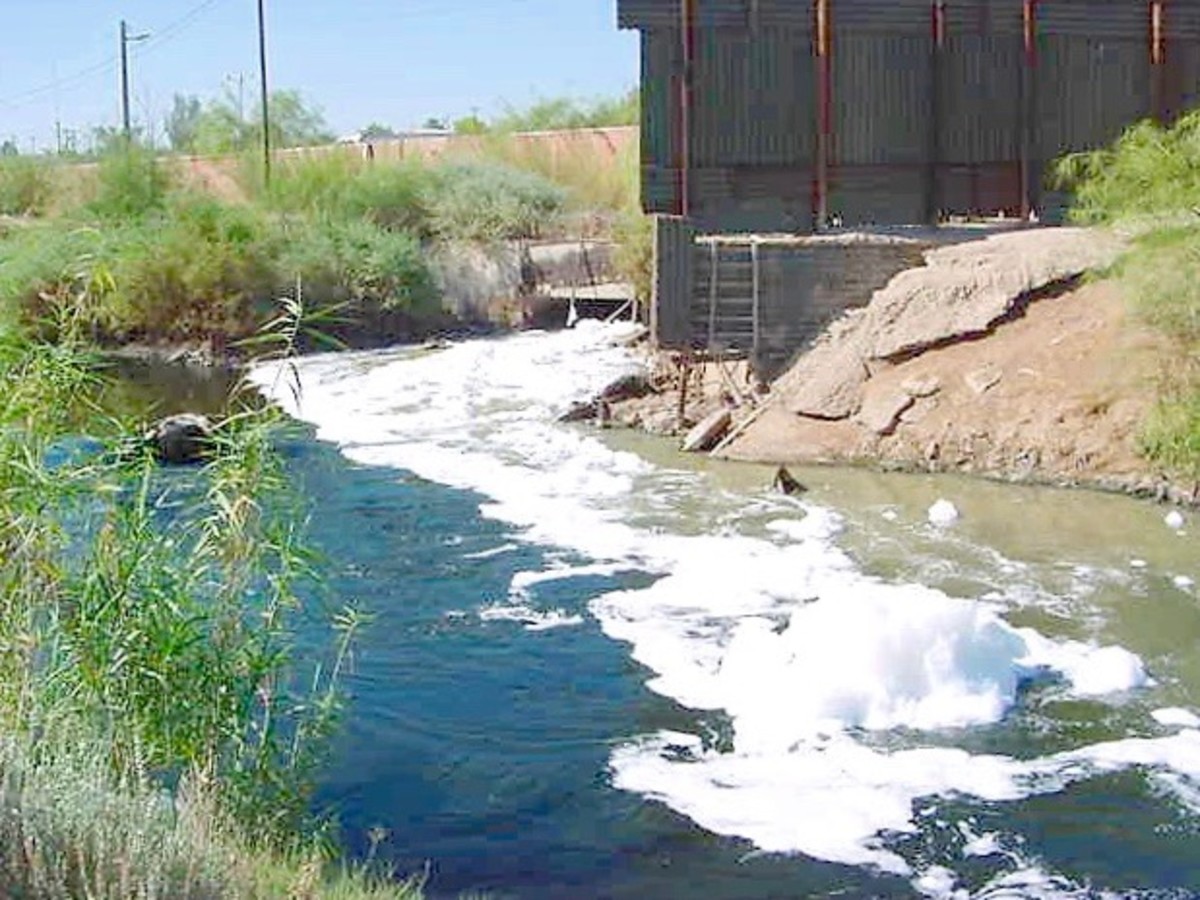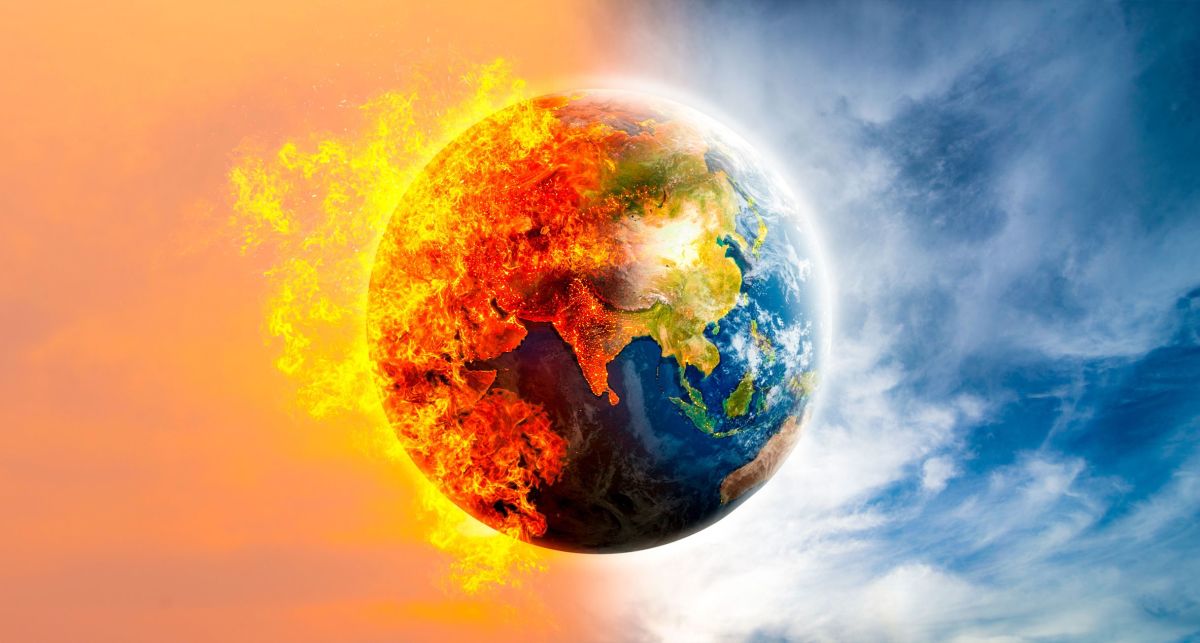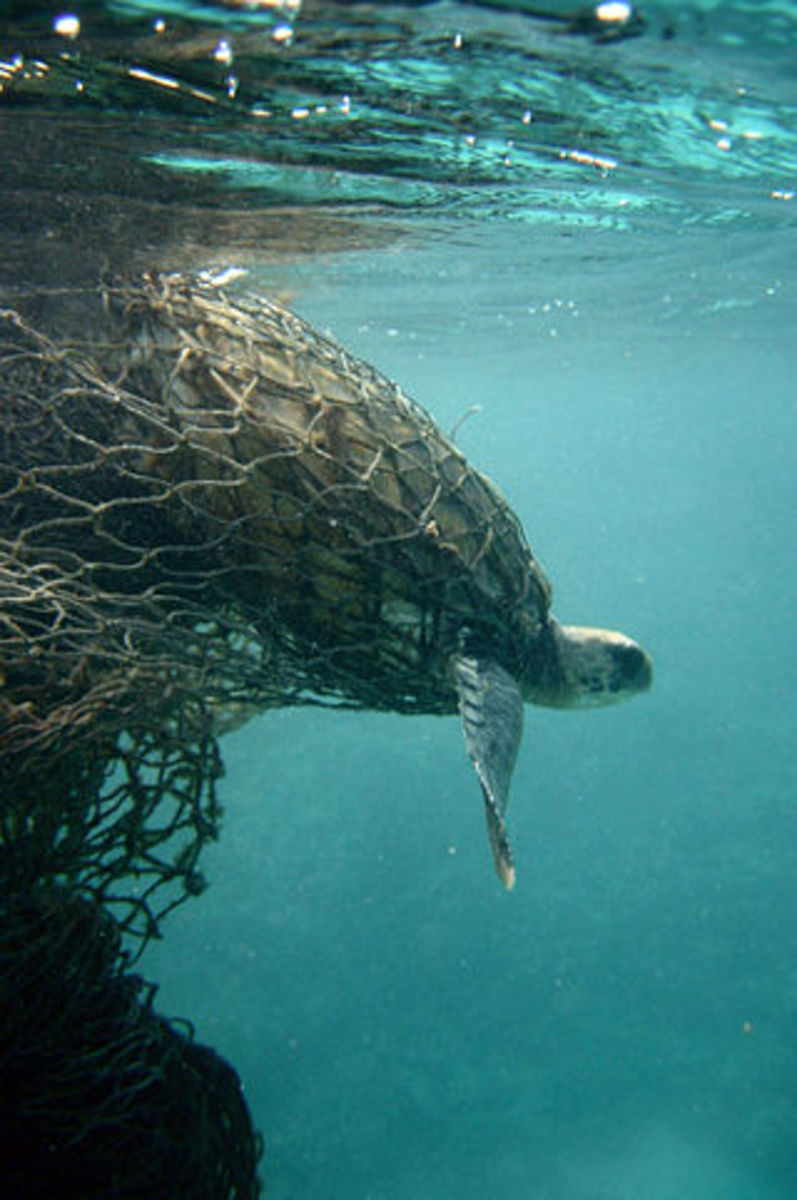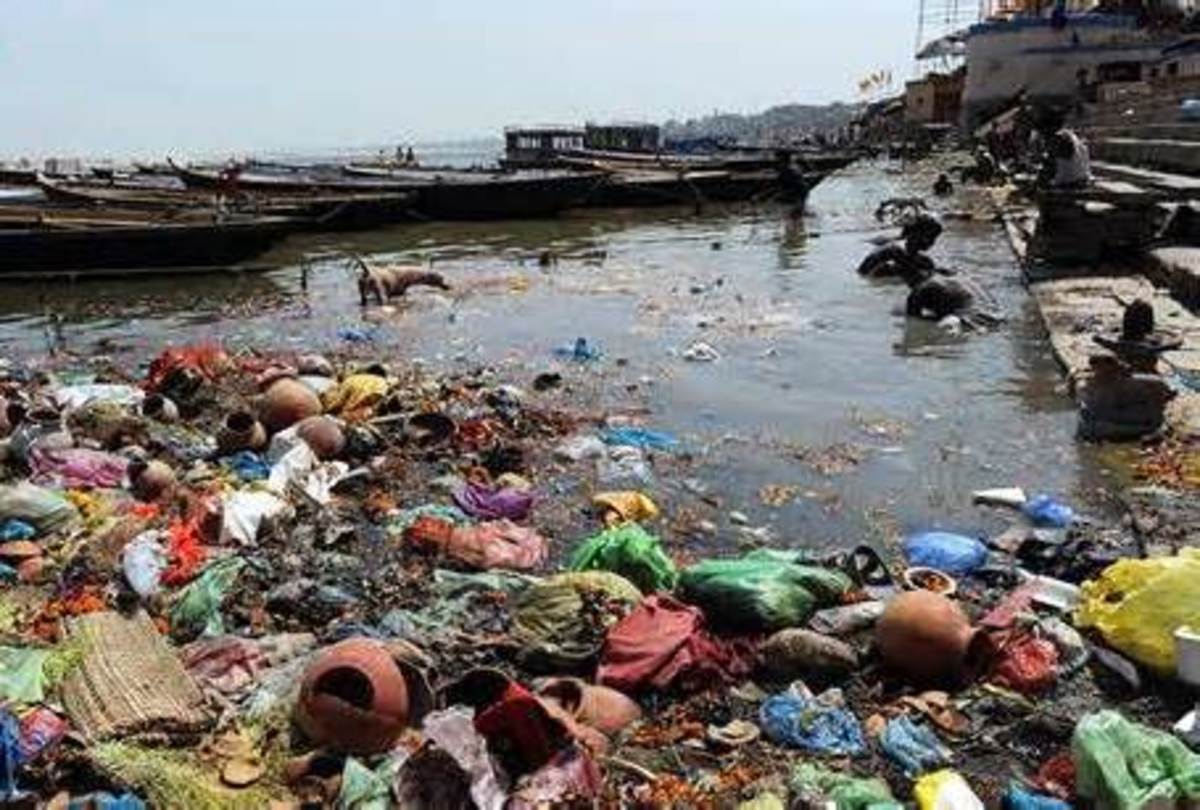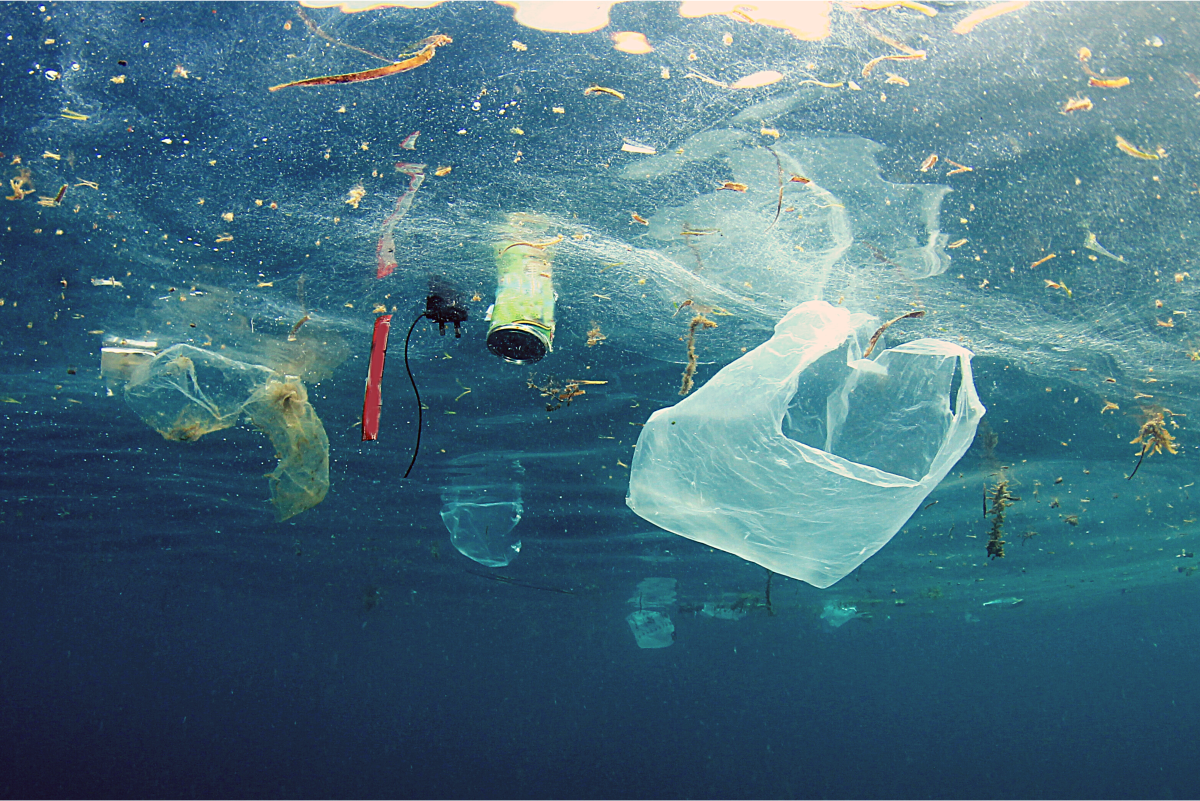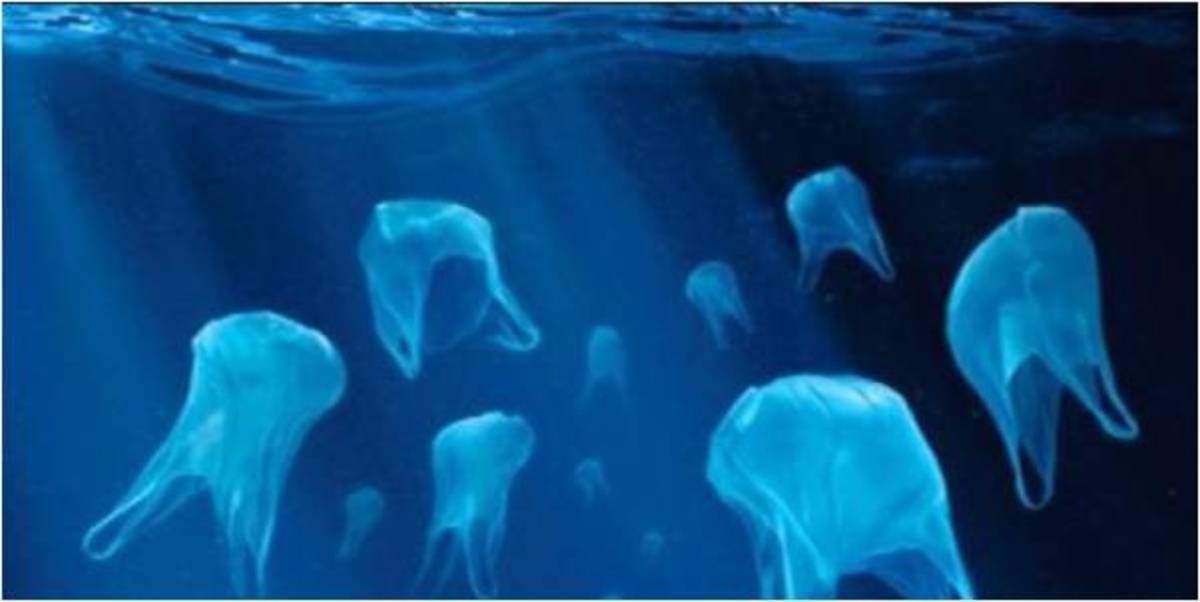The Oceans: How We Murdured An Economic Force and It is A Concern Now
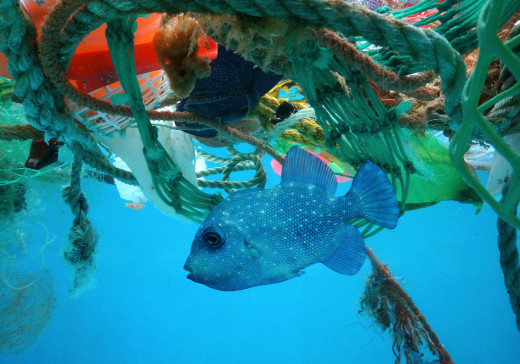
“TROPICAL OCEANS HEADED TO COLLAPSE WITHIN NEXT 10 YEARS, MAJOR STUDY REVEALS”
Newspaper articles and online journal publications with similar captions duly appear on my search engine suggestions these days. The climatologists and atmospheric physicists across the globe have tried to draw the attention of the world leaders for at least last half of a century on the catastrophic impacts of ocean destruction on climate change and the future of our civilisation. Alas! While we are made to tread the mills of signing treaties and big budget development projects, the matter of the destruction of the oceans has been overlooked.
Around a month ago, as I scrolled down on my social media wall, I found a graduate student of physics posting about the concern. He shared a link to an article highlighting the impacts of ocean pollution in a different aspect. While the life of mankind is obscured with the fear and anxiety of corona pandemic, a deadlier news reach our concern. The global warming and climate change are waking up the deadlier diseases locked inside the permafrost. Recently, the melted ice of the arctic have revealed the mummies of archaic baby mammoths. Not only at the arctic, these mummies have also been discovered in Russia, Siberia and other frozen parts of the world. The scientists fear that the exposer of the ancient mummies will cause bacterial outbreak in the oceans and therefore jeopardize the lives of people living on the sea food with the epidemic of water-borne diseases. Actually, people are being annihilated from the arctic due to the outbreak of anthrax! While we all thought headline-grabbing oil spills are the biggest account of the marine pollution, more lethal reasons are coming forth.
However, when the mankind is behind the bar for causing ecological destruction, there is no way to abnegate that the oceans are the heart of the mother earth. Unlike the heartbeats and the life of mammal are untangled, the survival of the human civilization and the oceans are also untangled. To our dismay, the dreams of human life are the verge of being nipped in the bud owing to the destruction of oceans. Global warming and marine pollution are causing catastrophic biodiversity loss across the oceans and some scientists alarm that the some ecosystems are liable to collapse as soon as 2030! Today ocean destruction is at the focal point of the media circus. While the media has promoted shocking images of moribund seabirds spreading their coal-black wings, debris ruling the ocean surface, or dolphins, blood-strained, laying on a plastic-invaded beach, everyone, from the scientists to the global leaders, seems to be deeply concerned about the matter.
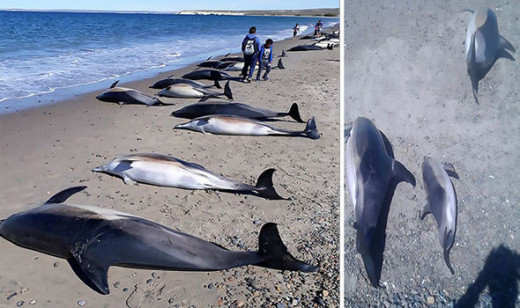
What is Blue Economy?
A shoreline or ocean-based economy is known as Blue Economy. 14% of U.S. counties that are adjacent to the coast contribute 45% of the GDP, with close to 3 million (one in 45) directly dependent on the resources of the oceans and Great Lakes. In 2014, the ocean economy contributed more than $352 billion to the U.S. GDP and supported 3.1 million jobs. If the oceans were a country, it would have been the world’s seventh largest economy! The entire global dependence on the oceans in economy can be easily understood in this way. In fact, the oceans, which produce over half of the world's oxygen and absorbs 50 times more carbon dioxide than our atmosphere, are the newest economic powerhouse. In 21st century, when the definition of imperialism has changed a lot, global powers are no longer believe in colonization but indeed haunt for occasion to trigger economy aggression, the oceans have become the hotspots of the water disputes and global tensions. And it only happened owing to the interminable natural resources of the oceans. But as we approach to more massive pollution in the oceans, the global is certain to encounter an economic loss of 5.04×103 million US$ annually, which accounts for 16.5% of the total economic value of the marine ecosystem. The impact of the destruction of oceans on global economy at least gives us the alarm of the trouble time waiting for the world behind the closed door.
How We Axed Our own feet
It is just ludicrous how the mankind have managed to dig out their own graves. If we look around us, all we find is a nature, obsessed to symmetry. The symmetry of nature is illustrious and nature doesn't let the symmetry break so easily. Should there asymmetry arise, the nature gives the order. It is just what Stephen Hawking said in his book The Brief History of Time that universe is the way it is, because without that we won't have survived. But we, the moron and the self-obsessed, tried to the take the control over the nature. Now only 13% of the world's ocean remained untouched by the damaging impacts of humanity. More than 80 percent of marine pollution comes from land-based activities. When the OH-MY-GOODNESS oil-spills are grabbing the headlines of newspapers, we are forgetting that deadlier reasons do exist.
Overfishing
Plenty of cute fishes at the oceans? Not always. Human have haunted fishes in the ocean for last 10 thousand years at least. The sea fishes meet man's regular demand of protein largely. Around 3 billion poeple worldwide depend on sea food as a protein source.The earliest overfishing occurred in the early 1800s when humans, seeking blubber for lamp oil, decimated the whale population. But overfishing is the greatest threat to the oceans! Overfishing endangers ocean ecosystems and biodiversity and the billions of people who rely on seafood as a key source of protein.
The Oceanic Murcey Pollution
The heavy metal Murcey is one of the essences of marine pollution. Pollution has tripled mercury levels in ocean surface waters thereby it is possible that the seafood consumption may threaten human health. The United States Environmental Protection Agency (EPA) states that mercury consumption by people of all ages can result in loss of peripheral vision, weakened muscles, impairment of hearing and speech, and deteriorated movement coordination. The leaking of mercury occurs fr the earth's crust, but human activities like fossil fuel combustion have lead to widespread air pollution. Now ocean's water surface is absorbing the mercury too.
Ocean Acidification
a very precious definition of ocean acidification can be found in Wikipedia. It reads, "Ocean acidification is the ongoing decrease in the pH of the Earth's oceans, caused by the uptake of carbon dioxide (CO. 2) from the atmosphere." Seawater is slightly basic (meaning pH > 7), and ocean acidification involves a shift towards pH-neutral conditions rather than a transition to acidic conditions (pH < 7). Increasing industrialization and carbon emission, coral bleaching, disposal of organic and inorganic (eg chemicals) in the ocean is responsible for the increasing of pH in the seawater. Ocean acidification reduces the amount of carbonate, a key building block in seawater. This makes it more difficult for marine organisms, such as coral and some plankton, to form their shells and skeletons, and existing shells may begin to dissolve.
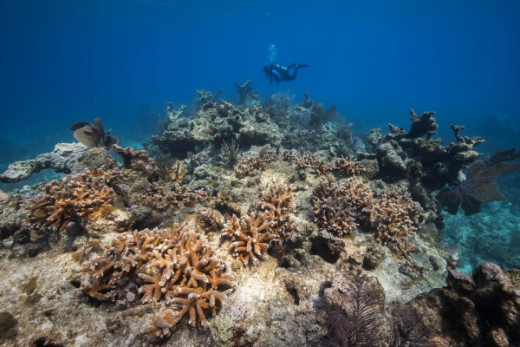
Coral Bleaching
In 2016, heat stress encompassed 51 percent of coral reefs globally and was extremely severe—the first mass bleaching (85 percent bleached) of the northern and far-northern Great Barrier Reef killed 29 percent of the reef's shallow water corals. Another 40% could be lost over the next 30 years. Do you wonder what if the coral reefs vanish completely? Some experts predict hunger, poverty and political instability as the livelihoods of the peoples of entire countries disappear. Once the coral is dead, the reefs will also die and erode, destroying important marine life spawning and feeding grounds. Man's self-damaging activities include coral mining, pollution (organic and non-organic), overfishing, blast fishing, the digging of canals and access into islands and bays, climate change, such as warming temperatures, causes coral bleaching
That is how we, the mankind, have destroyed the economic force by trashing, overfishing, ghost fishing, coral bleaching and offshore drilling. Then ocean acidification and global warming pulled the trigger of the gun and BANG! The oceans are DEAD. Now when we perceive the aftermaths of our own deeds, we react as though the consequences were a clap of thunder, unaccompanied by Lightening. Still the good is sign we are planning to give an order to the chaos, which is created by us.
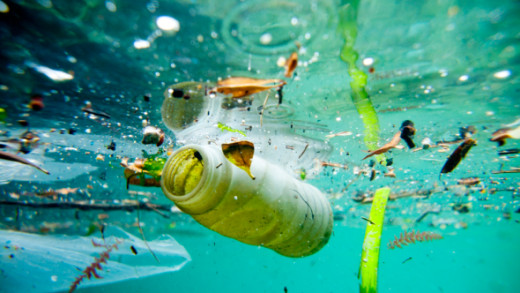
Disposal of Plastic and Satellite Image Analysis
The mankind is strongly aware of the affects and they no longer require motivates to chalk out a plan titling “10 Ways You Can Make a Difference”. The endless list of plans will not come into use if they are implemented. Over the past 50 years, world plastic production has doubled, and leading plastic manufacturers are planning to increase production by almost a third over the next five years. In 1974, the average per capita plastic consumption was 2kg. Today, this has increased to 43kg! A group of people have constantly insisted that the plastics are the main account of the ocean destruction. They are not totally incorrect. Today, microplastics have been found in Antarctic sea ice for the first time. The massive projects to recover the oceans can be at use if the individuals stay cautious. Countries should ‘effectively’ ban disposal of non- bio gradable plastic bags. Recently, a dedicated group of researchers at Plymouth Marine Laboratory in the UK patches of plastics in coastal waters for the first time via satellites. They have developed an algorithm to classify the different objects by spotting differences in their spectral signatures. This algorithm is being used in an AI system which has spotted plastic pollution in the sea by analysing images from satellites orbiting the earth. The scientists claim it to be effective, since, on average, the system differentiated between plastics and natural materials such as seaweed with 86% accuracy. The system studies images collected by the European Space Agency’s Sentinel-2 satellites to spot debris floating in the world’s oceans. These objects absorb and reflect light to produce a “spectral signature” in the data that contain clues about what they are. The researchers are now optimistic about coming up with a more refine technique to accurately detect the debris in the oceans.
However, we indeed have murdered the oceans in the name of technological and economic revolution. But we can come up with such exotic steps to purify ourselves and save the world. Probably that will not be turn us into Saints but indeed help the oceans to recover as they are going through the pangs of death.
© 2020 Yusrat Sadia Nailat

